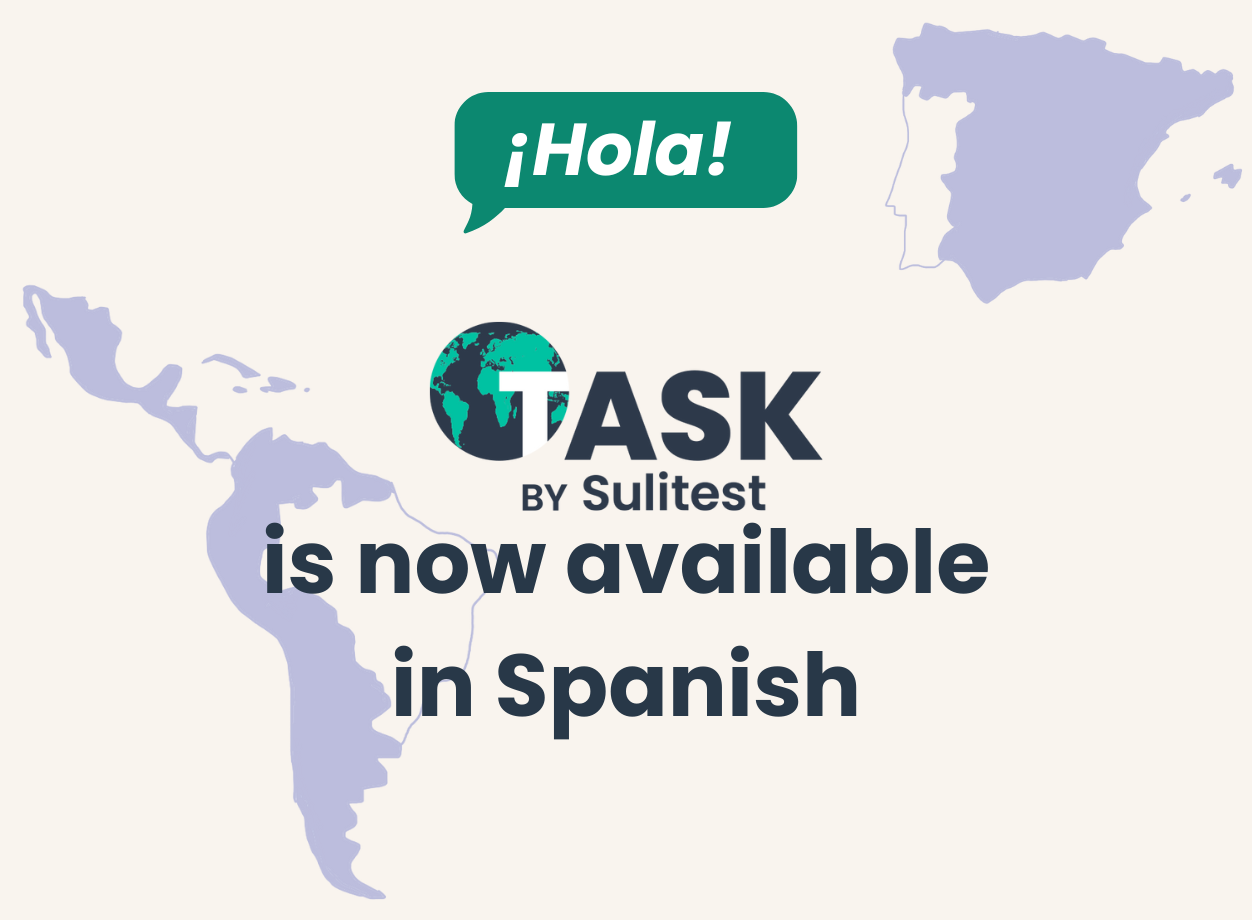
Integrating TASK™ into ESCP's innovative learning approach

Founded in 1819, ESCP Business School holds the distinction of being the world's first business school.
With a rich history spanning over two centuries, ESCP has established itself as a leading light in the realm of international business education.
Renowned for its academically rigorous programs, ESCP operates across six urban campuses in Europe, each embodying a unique blend of local charm and global perspective. With its diverse body of over 10,000 students from 135 nationalities, at the heart of ESCP's mission lies a commitment to developing transnational business leaders ready to embrace the multifaceted challenges of a globalized market.
How is Task™ being deployed at ESCP?
TASK™ is integrated into a mandatory 30-hour sustainability course delivered to over 1,200 MSc students across multiple disciplines—from finance to marketing, auditing, and data analytics. To address this diversity in student background and knowledge, ESCP administers TASK™ as a diagnostic at the beginning of the course. This allows students to assess their baseline sustainability literacy.
In line with ESCP's ethos of fostering innovative and responsible leaders, the school leverages TASK™ outcomes to offer personalized learning experiences and promote peer-to-peer learning:
“After this initial test, we offer the best MSc students the opportunity to follow a personalized, more specialized and more engaging path: we ask them to organize and lead a specialized round table for their peers, and to produce a critical synthesis. This self-directed activity will replace other, more traditional, school-based activities,” described Valentina, Professor of Sustainability and Program Director.
At the end of the course, students are invited to take TASK™ again, on a voluntary basis, to reflect on their learning progress. While not all areas of the test are covered by the course, the second attempt helps highlight growth in the relevant dimensions.
This dual-assessment approach is not used for grading, but for self-assessment and tracking impact, aligning with the school’s pedagogical goals.
Response from faculty
Valentina and her colleague, Anne-France Mariacher, Affiliate Professor of Sustainability, at ESCP Paris, shared their positive amazement at the speed at which TASK™ was adopted by the students.
“We weren't expecting such a response. It confirms that our intuition about using the TASK ™ in this way was right,” she further stated.
Conclusion
By embedding TASK™ into both student assessment and course design, ESCP enhances the sustainability journey of its MSc students and fosters engagement across diverse disciplines. This initiative is part of the school’s broader ambition to develop responsible managers and empower students to lead in sustainability.












